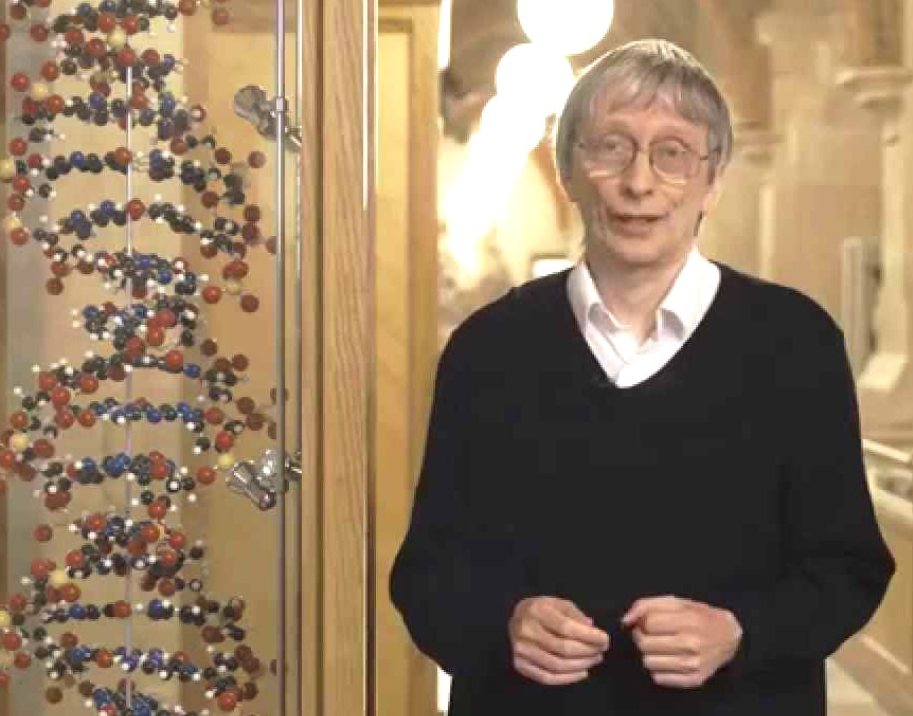Oxford Physicist David Deutsch, 'Father of Quantum Computing,' Laid Theoretical Foundations with 1985 Paper

Oxford, UK – David Deutsch, a distinguished British physicist at the University of Oxford, is widely recognized as the "father of quantum computing" for his pioneering theoretical work that established the field. His seminal 1985 paper, "Quantum Theory, the Church-Turing Principle and the Universal Quantum Computer," introduced the concept of a universal quantum computer and formalized how quantum mechanics could be harnessed for computation. This groundbreaking research laid the essential groundwork for the modern quantum computing era. Deutsch's contributions include formulating a description for a quantum Turing machine, a theoretical model for quantum computation, and specifying an algorithm designed to run on such a machine. He also developed the Deutsch-Jozsa algorithm, one of the first examples demonstrating that a quantum algorithm could achieve exponential speedup over classical algorithms for certain problems. This work proved the computational advantage of quantum systems, sparking significant interest and research in the nascent field. The physicist, a visiting professor in the Department of Atomic and Laser Physics at Oxford's Centre for Quantum Computation, has been instrumental in defining quantum bits (qubits) and establishing the theoretical framework for quantum information theory. His work inspired subsequent researchers like Peter Shor and Lov Grover, who developed further practical quantum algorithms. Deutsch's profound impact has earned him numerous accolades, including the Isaac Newton Medal and Prize, the Paul Dirac Prize, and a share of the $3 million Breakthrough Prize in fundamental physics. While some credit Richard Feynman with first conceiving the idea of quantum computation, Deutsch is largely acknowledged for formalizing the theory and proving its computational power. He is also a prominent advocate for the many-worlds interpretation of quantum mechanics, viewing quantum computation as empirical evidence for parallel universes. His foundational ideas continue to shape the ongoing quest to build practical, large-scale quantum computers, driving advancements in computation, communication, and security. As noted by Mert from Helius.dev on social media, "btw another fun fact about deutsch is that he's considered the father of quantum computing, a timely topic!" This highlights the enduring relevance of Deutsch's early theoretical insights as the quantum computing industry continues to evolve rapidly.